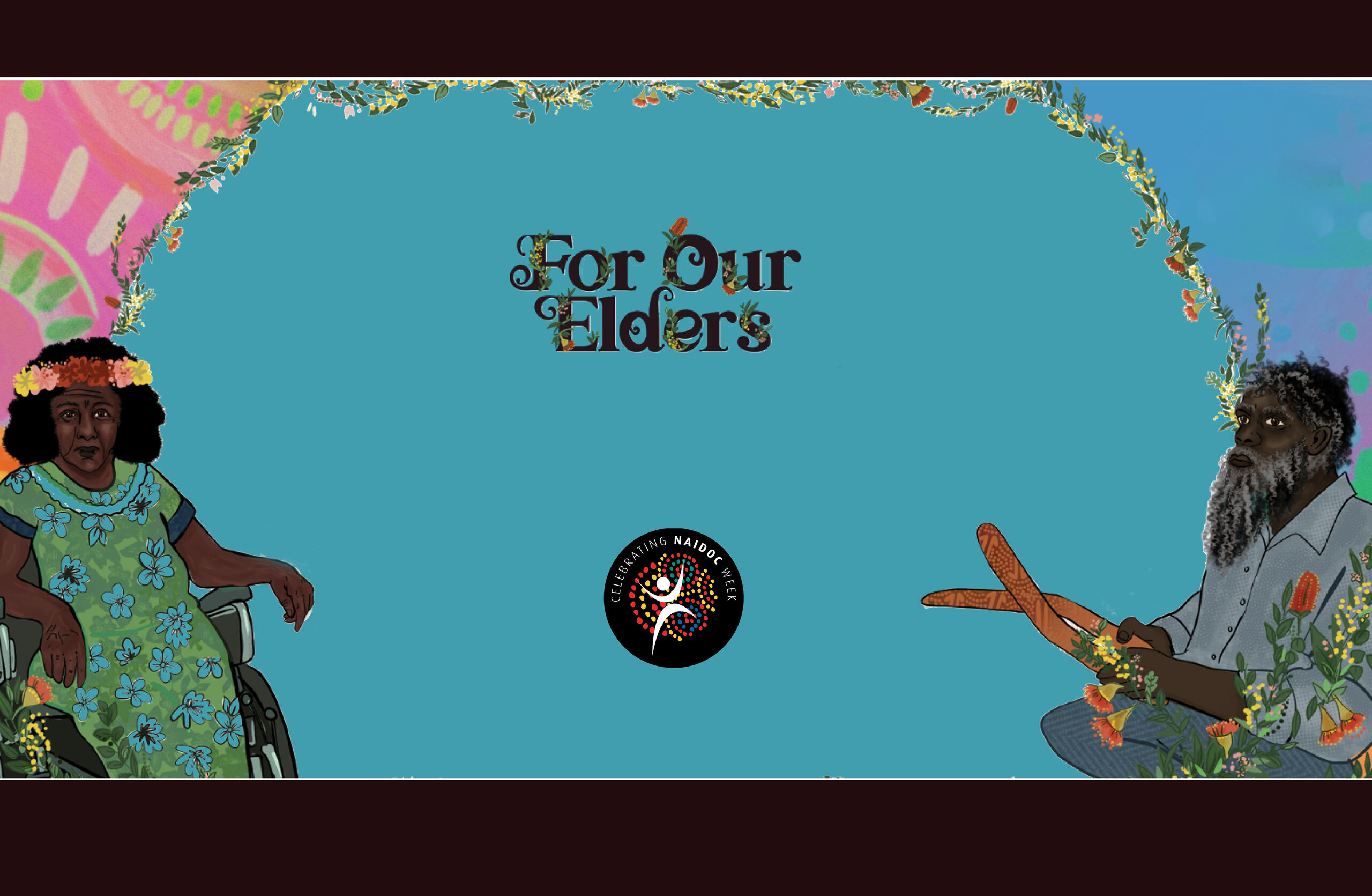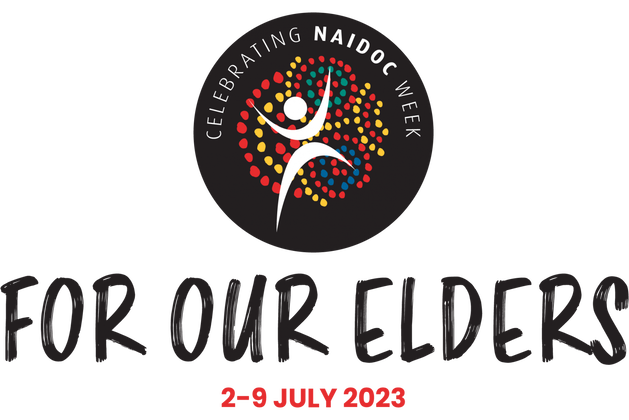Celebrating NAIDOC Week
Why do we celebrate NAIDOC Week?
Scroll to Explore

03 July 2023
Stories
| BaptistCare
First Nations Australians are the oldest continuing living culture in the world, and during NAIDOC Week, we honour their history, culture, and achievements. NAIDOC Week, an annual celebration, runs from Sunday, 2 to Sunday, 9 July.
NAIDOC stands for National Aborigines and Islanders Day Observance Committee. NAIDOC Week began in the 1920s with the emergence of Aboriginal groups who sought to increase awareness in the community of the status and treatment of Aboriginal and Torres Strait Islander Australians.
This year's theme, 'For our Elders', is particularly close to the heart of BaptistCare and the people we are committed to serving.
We have long known the value, wisdom, and perspective elders bring to our everyday lived experience. First Nations elders, too, hold prominence in communities and within families, sharing cultural knowledge and being trailblazers, nurturers, advocates, and leaders. They are a guiding light, paving the way for younger generations. At BaptistCare, we too believe the seniors we work with each day are incredible trailblazers, advocates, and leaders. They have much to teach us about resilience, grace, tenacity, and leadership.
How can you get involved with NAIDOC Week?
Everyone is encouraged to get involved with NAIDOC Week. There are many ways to celebrate with your community:
- Support and get to know your local First Nations community through activities and events nationwide. You can find a list of activities in your area online.
- Visit a site of cultural significance.
- Invite a local elder to speak or give a Welcome to Country in your community.
- Hold a viewing of special NAIDOC Week programs and discuss them with your colleagues and clients. You can find examples of last year's programs online.
- Learn about the Indigenous land where you live and work on.
- Host a special morning tea, incorporating an Acknowledgement of Country and music from Indigenous artists.
- Follow BaptistCare on social media for updates on BaptistCare events during NAIDOC Week.

If you plan on hosting your own NAIDOC Week event, here are some suggestions to design an inclusive and culturally sensitive event:
- Involve First Nations people in the planning and development of your activities. This will ensure your activities reflect authentic and respectful engagement. Be sure to compensate any First Nations consultants for their time.
- Celebrate Aboriginal art while being conscious of appropriate customs. Aboriginal art reflects the artist's country, a specific culture, story, and language group. It is inappropriate for non-Indigenous people to create their own. For more information, visit Koori Curriculum.
- More tips for hosting your own event can be found online.